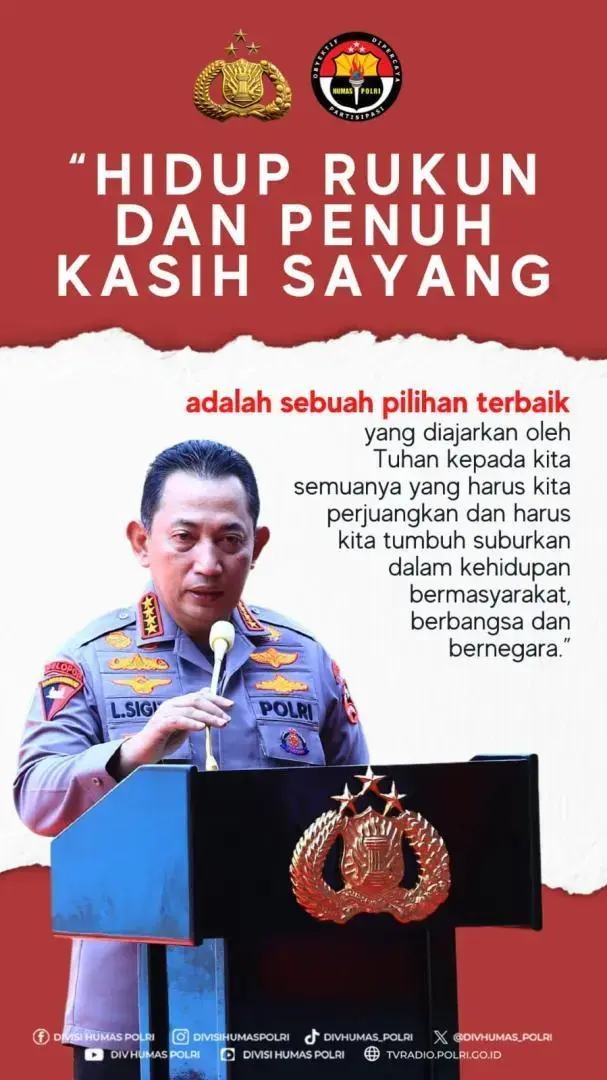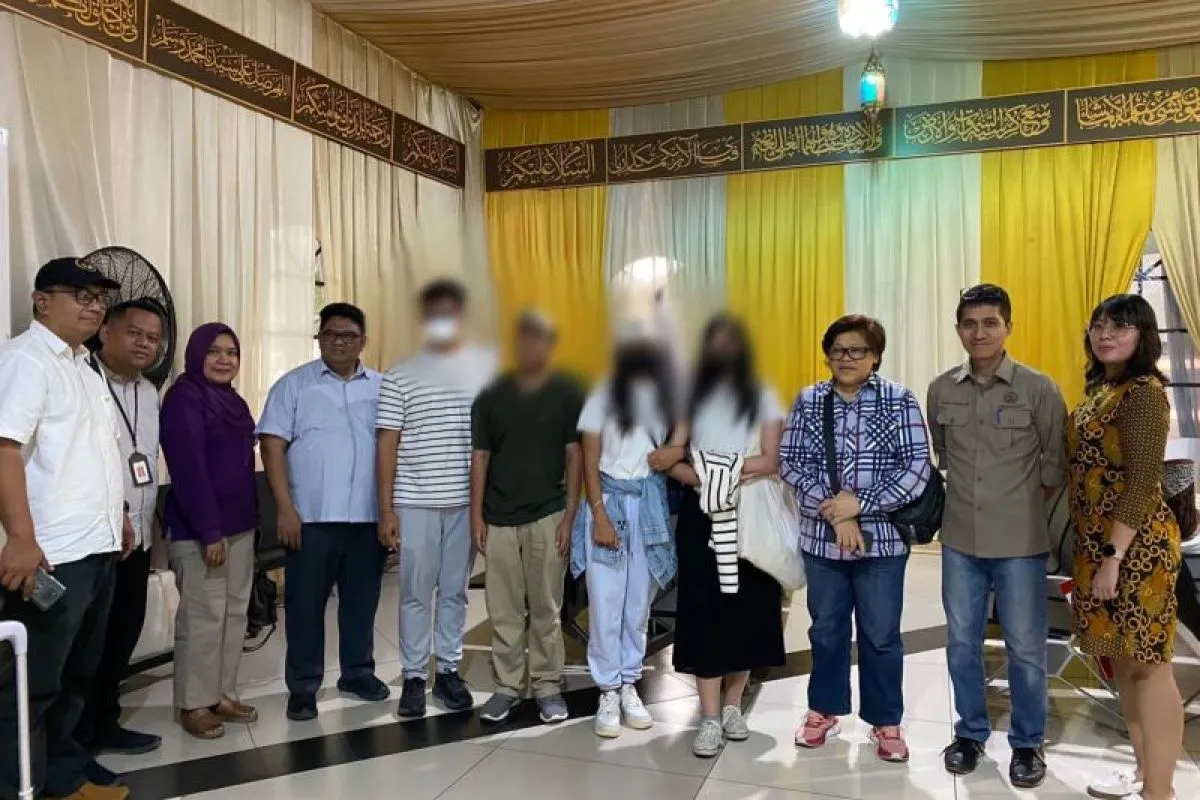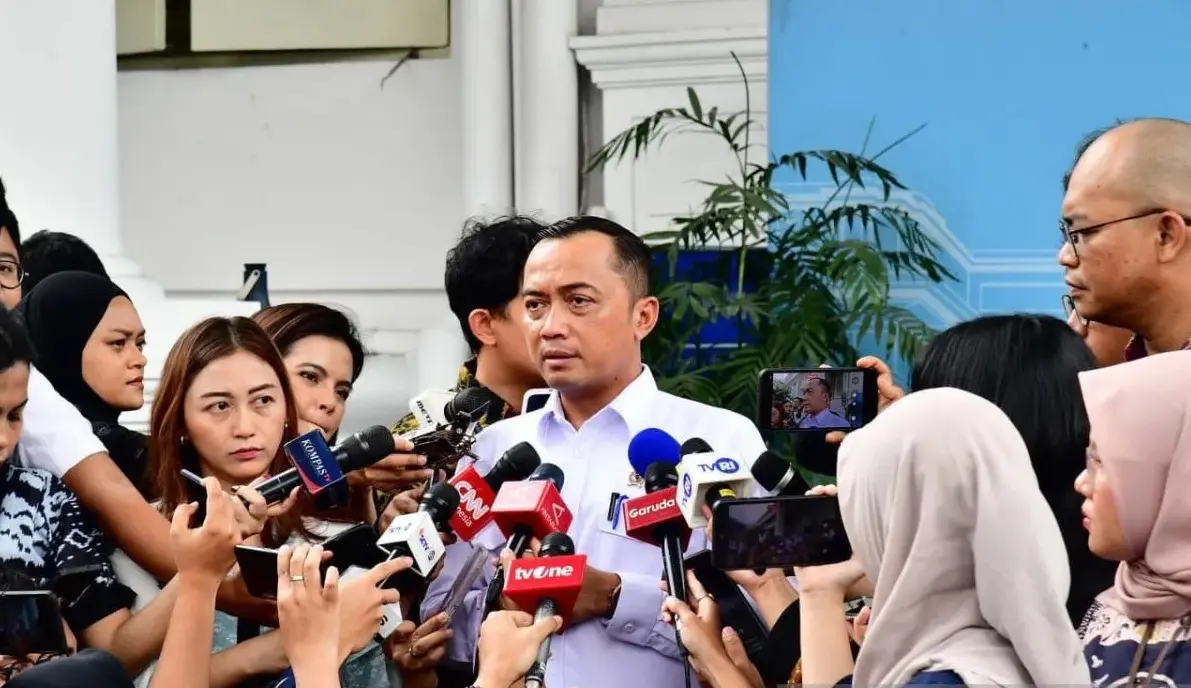Minister Mulyani acknowledged that the intensifying geopolitical tensions on the world stage had raised concerns about potential economic uncertainties and their impact on financial forecasts. However, she raised her confidence that Indonesia would be able to capitalize on its abundant natural resources as a means to navigate the evolving global economic conditions effectively.
The government, she said, had been implementing a number of regulations to strengthen the nation's economic foundations. These included the Tax Regulation Harmonization Act (HPP Law), Fiscal Relations Between Central Government and Regions (HKPD) Law, and Financial Sector Development and Strengthening (P2SK) Law. These efforts encompassed enhancements in the banking sector, non-bank financial institutions, the management of pension funds, and the stock exchange.
Minister Mulyani revealed that the recently launched Indonesia Carbon Exchange (IDXCarbon) was part of the government's broader strategy to fortify the country's economic underpinnings.
Inp.polri.go.id - Jakarta. The government has been promoting and implementing a downstream policy aimed at reinforcing the nation's economic stability in the face of growing geopolitical tensions, antaranews.com reported.
Minister Mulyani emphasized the government's commitment to harnessing Indonesia's rich natural resources, particularly valuable mineral resources like nickel, which played a crucial role in the electric vehicle industry.
"In the context of global trade, the government is implementing the downstream policy to increase Indonesian products' added value and strengthening the country's external balance," she said in a written statement on Sunday (15/10/2023),












